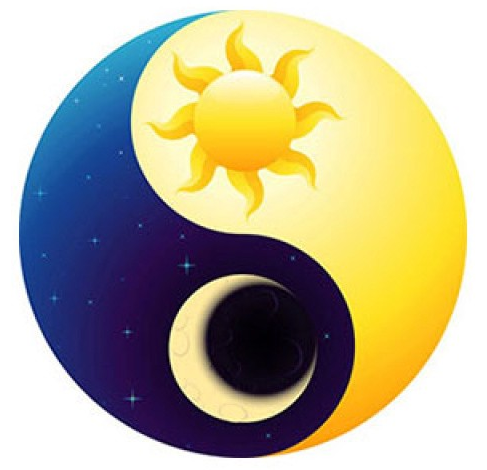Originating in China, Chinese Medicine, or more commonly known as Traditional Chinese Medicine (TCM) is an ancient practice and belief that parts of the human body are interrelated and connected to the environment around them. One of the main aspects of Chinese Medicine in Bethesda practitioners that sets them apart from modern day medicine practitioners, is that TCM takes a holistic approach to healthcare, and look for imbalances and disharmonies that are the underlying cause of an illness. With this approach, the practitioner is looking at the whole picture to treat the patient, and not just the illness.
What is the history of TCM?
TCM originated in China over 4,000 years ago from Taoist beliefs. Today’s TCM has been refined and adapted, but many aspects and practices of TCM are still performed the same that they have been for thousands of years. Because of its deep roots in Chinese culture, TCM has always played an integral part in Chinese healthcare. In the past few decades, TCM has grown in popularity in the Western world, with practices such as, acupuncture, T’ai Chi, and Chinese herbal medicine treatments being used in many health centers. Additionally, many scientific studies have found that various TCM practices show promising health benefits for patients.
What is Qi?
Central to the practice of TCM, there is a belief in Qi, an energy that is roughly translated to mean “life energy”. It is believed that Qi flows throughout the body via various channels and meridians that follow many of the major veins and arteries that are connected to the internal organs. Upon reaching the internal organs, Qi is then able to circulate throughout the body, transferring its energy. Qi is often described in many different ways, such as, the source of Qi, the location and the role that it plays in one’s body. Understanding Qi and regulating its flow is the basic tenet to understanding the role of disease and health in one’s body.
What are Yin and Yang?
Yin and yang are used to describe two opposing conditions in the body. These two opposing conditions come from the Chinese belief that all things have two aspects that are at once opposite and interdependent of each other. Many believe that having a balance of both yin and yang is an essential component for one’s overall health.
Yin represents qualities that are dark, passive, feminine, respective and are associated with night. Yin is symbolized by water or earth.
Yang represents qualities that are light, bright, active, masculine, and are associated with day. Yang is symbolized by air or fire.
It is believed that each organ in the body is composed of qualities of both yin and yang. Although each organ consists of yin and yang, some organs and body functions will have more of one quality than the other. An example of this is the heart and stomach; the heart is considered to be a yin organ, while the stomach is considered to be yang.
All the different practices that make up Traditional Chinese Medicine are centered around the same set of beliefs and philosophies. This is because Traditional Chinese Medicine in Reston is a holistic, complete, health care system. There are practices that are included within the realm of TCM that govern diet, nutrition, exercise, and spirituality, along with areas of practice that are more specialized. These specialized areas of TCM include acupuncture, acupressure, T’ai Chi, Chinese herbal medicine, and Qigong.

